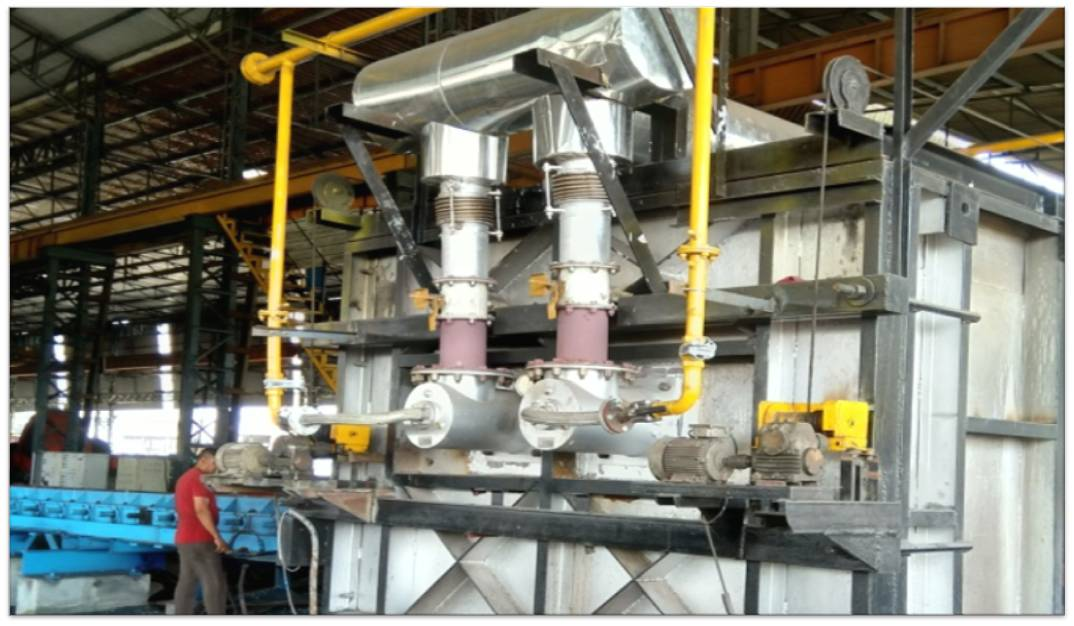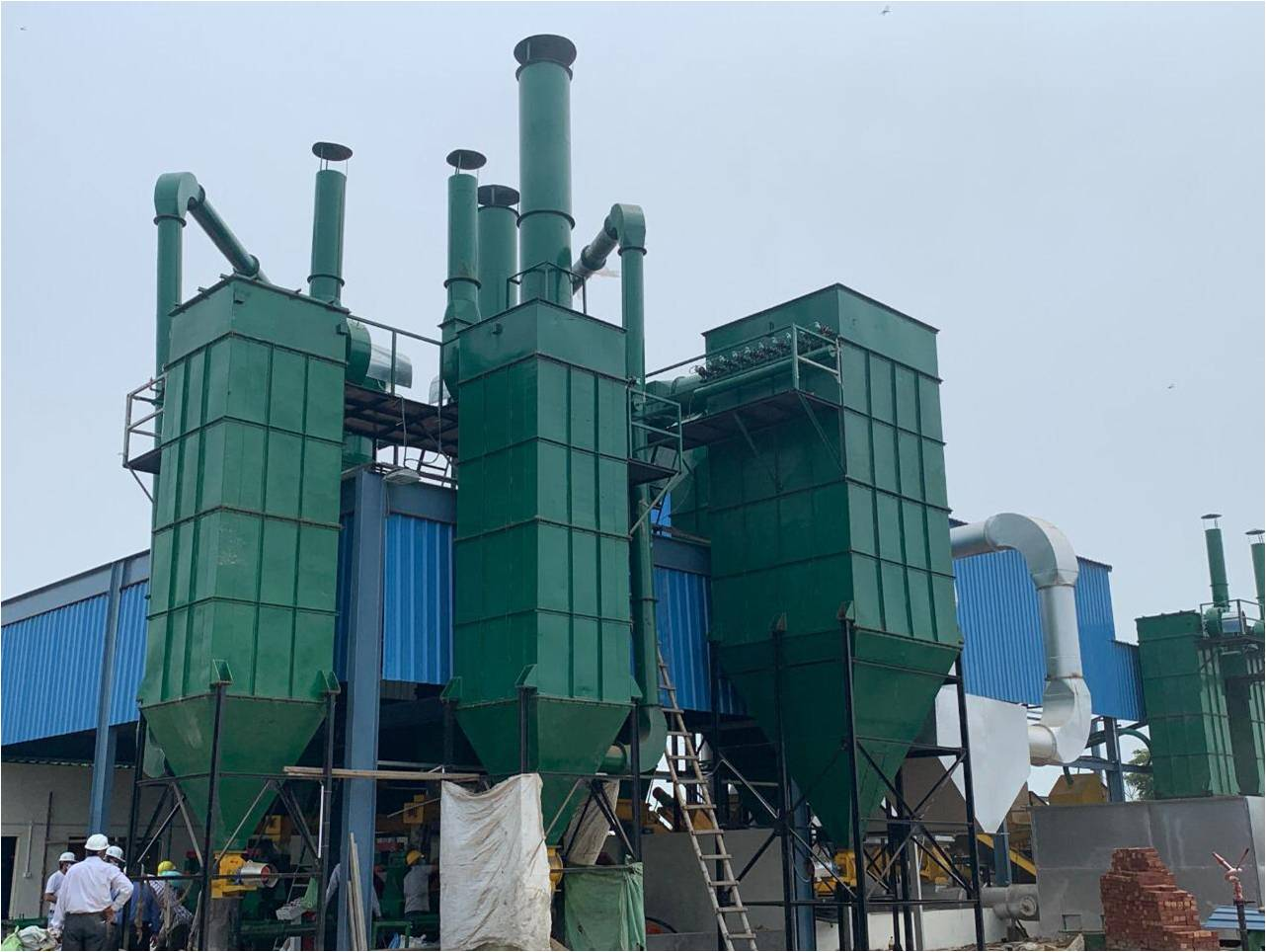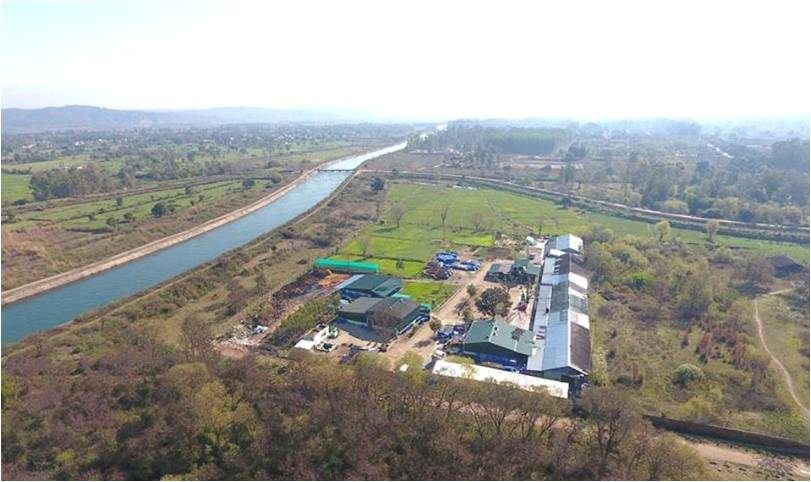Punjab is one of the most vibrant and progressive States known for its technological strengths in agriculture and manufacturing. Punjab State Council for Science & Technology (PSCST), set up in 1983 as think-tank of Department of Science Technology & Environment, Govt. of Punjab and State level node of Department of Science & Technology, Govt. of India is in true sense developing Science Technology and Innovation (STI) as the strong fulcrum to support levers of Government and Industry.
The Council has conceptualized and catalyzed setting up of world class S&T infrastructure in the form of ‘Knowledge City’ housing state-of-the-art institutional cluster spread across 400 acres in Mohali. It hosts first Technology Innovation Support Centre (TISC) set up by World Intellectual Property Organization, UN and DPIIT, GOI in the country. Further, it also conceived and facilitated setting up of Pushpa Gujral Science City in Kapurthala.
PSCST has set up a unique example of enhancing competitiveness of MSMEs through technological interventions. The cleaner technologies demonstrated & promoted by the Council have been adopted by 1600 MSMEs in the last 5 years helping them reap economic benefits of Rs. 750 Crores. This brought private sector investment to the tune of Rs. 450 Crores for cleaner production in the State, led to reduction in Green House Gas emissions by about 3.5 lakh ton/annum and provided cleaner work zone environment to around one lakh industrial workforce.

The Council is steering Mission Innovate Punjab launched by Govt. of Punjab in 2019 for synergizing and augmenting the STI Ecosystem to boost growth and create quality jobs. These efforts have led to State moving up from 11th rank in 2019 to 6th most innovative major State in 2021 on India Innovation Index Ranking Framework and State’s recognition in the category of ‘Leader’ in country’s Start-up Ranking.
All elements of State’s STI Ecosystem viz 20+ national Research Institutions, 35+ Universities, 25+ Business Incubators/Accelerators, 100+ Innovation Cells, 15+ IPR Cells, 15+ Government Departments, 15+ Industrial Associations are being synergized by PSCST. It is working in tandem with them to identify grand challenges of the State as well as unmet needs of industry and provide solutions for their addressal.
The open burning of paddy straw in fields being a major challenges of the State, the Council has taken unique initiative to provide technological solutions for its gainful utilization in the form of greener fuel. Besides getting two plants set up for manufacturing of paddy straw briquettes/pellets, it has established potential for their use as replacement of coal in brick kilns and industrial boilers. As a result, the State Government is taking policy initiatives to promote paddy straw based pellets for industrial applications which is a giant step towards India’s commitment for being Net Zero.

The Council is developing ‘STI Observatory-Punjab’, country’s first-of-its-kind State level knowledge gateway, being set up as a single stop digital platform to provide holistic information on about 65 STI Indicators encompassing entire pipeline viz Education, Research, Innovation & Commercialization as well as resource pooling platform viz Equipment Pool, Technology Platform, Researchers’ Network, IP Portfolio to be leveraged by all the stakeholders.
PSCST is also spearheading Punjab State Climate Change Knowledge Centre supported by DST, GoI. It is formulating State Action Plan on Climate Change 2.0 to align State’s climate agenda with India’s Nationally Determined Contributions and Sustainable Development Goals.
It is also playing vital role for boosting rural enterprises. Through Bio-resource Processing Facility and Rural Innovation & Application Centre set up by it by involving local cooperatives in Shivalik Foothill belt, the backward area of Punjab, it is generating employment of more than 2 lac man-days/annum for rural community especially women.

To support innovators of the State, the Council provides services for international patent searches as well as facilitates filing of their intellectual property rights. It has also set up 15 IPR Cells in universities and institutions across the State and supports MSMEs and Start-ups for IP protection by working closely with State Department of Industries.
The Council is the State nodal agency for implementation of flagship programs for Science Popularization and Environment Awareness such as Children Science Congress, SCoPE (Science Communication, Popularization and Extension), National Green Corps Program, Environment Information Service Hub. It is also leveraging CSR funding for inculcation of scientific temperament in the State by involving corporate houses like WIPRO etc.
Punjab is indeed front runner in positioning STI at the Centre stage of State’s developmental planning.






























